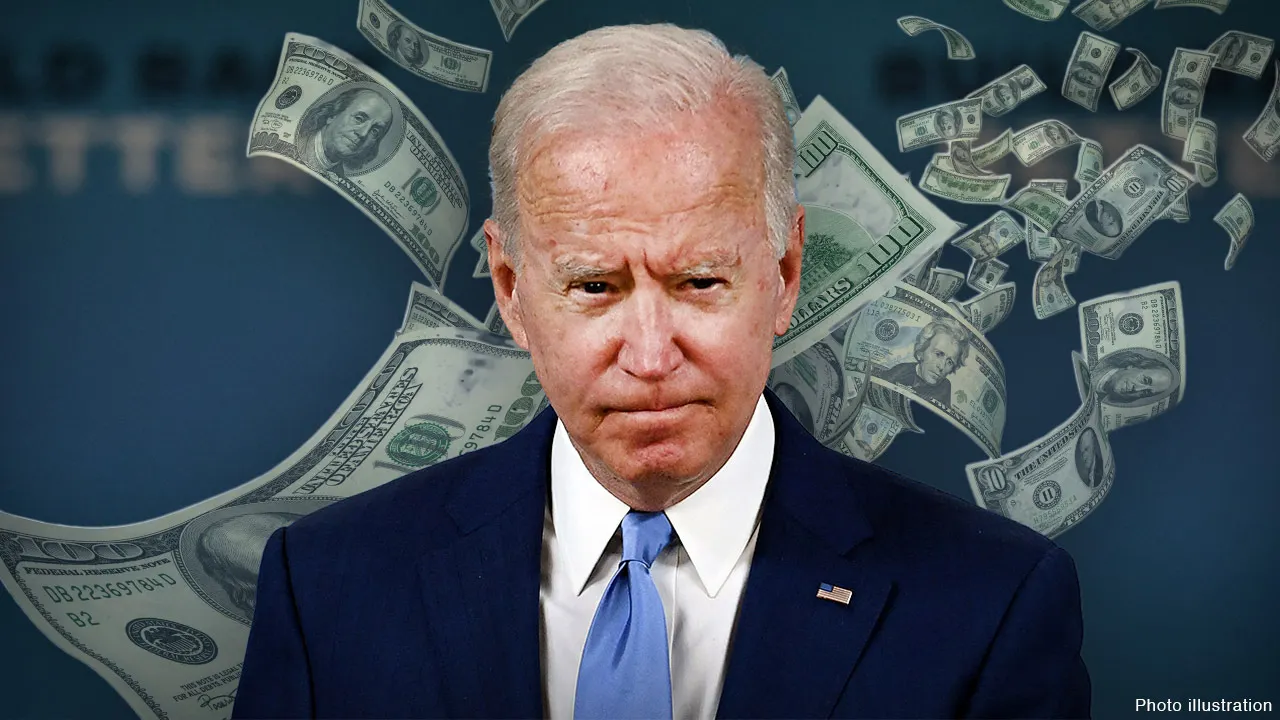How Recent U.S. Investment Policies Affect Global Markets
U.S. investment policies are reshaping global markets, influencing trade, foreign investments, and economic stability. This article explores the implications for international businesses and investors
U.S. Investment Policies and Global Impact
The global financial landscape is experiencing notable shifts due to recent investment policies introduced by the United States. These policies, aimed at strengthening domestic industries and safeguarding national security, have significant effects on international markets.
Key Policy Changes and Their Impacts
Foreign Investment Restrictions
The U.S. has tightened regulations on foreign direct investments (FDI), particularly in technology and critical infrastructure sectors. This move affects countries reliant on American capital and expertise.
Tariffs and Trade Agreements
New tariffs on imports and renegotiated trade agreements impact supply chains and global trade flows. Businesses worldwide are adjusting to higher costs and shifting supply chain strategies.
Tax and Financial Reforms
Corporate tax changes and financial regulations influence multinational corporations, affecting their investment decisions and offshore operations.
Green Energy and Technology Investments
Increased focus on sustainable energy and technology reshapes market dynamics, presenting opportunities for investors in renewable energy and AI-driven industries.
Sanctions and Geopolitical Influence
Economic sanctions on certain countries disrupt international trade and investment partnerships, influencing global financial stability.
Global Market Reactions
-
Stock Markets: Volatility has increased as investors assess risks and opportunities.
-
Currency Fluctuations: Exchange rates shift as capital flows respond to policy changes.
-
Investment Trends: Countries are diversifying investment sources to mitigate risks from U.S. policies
















